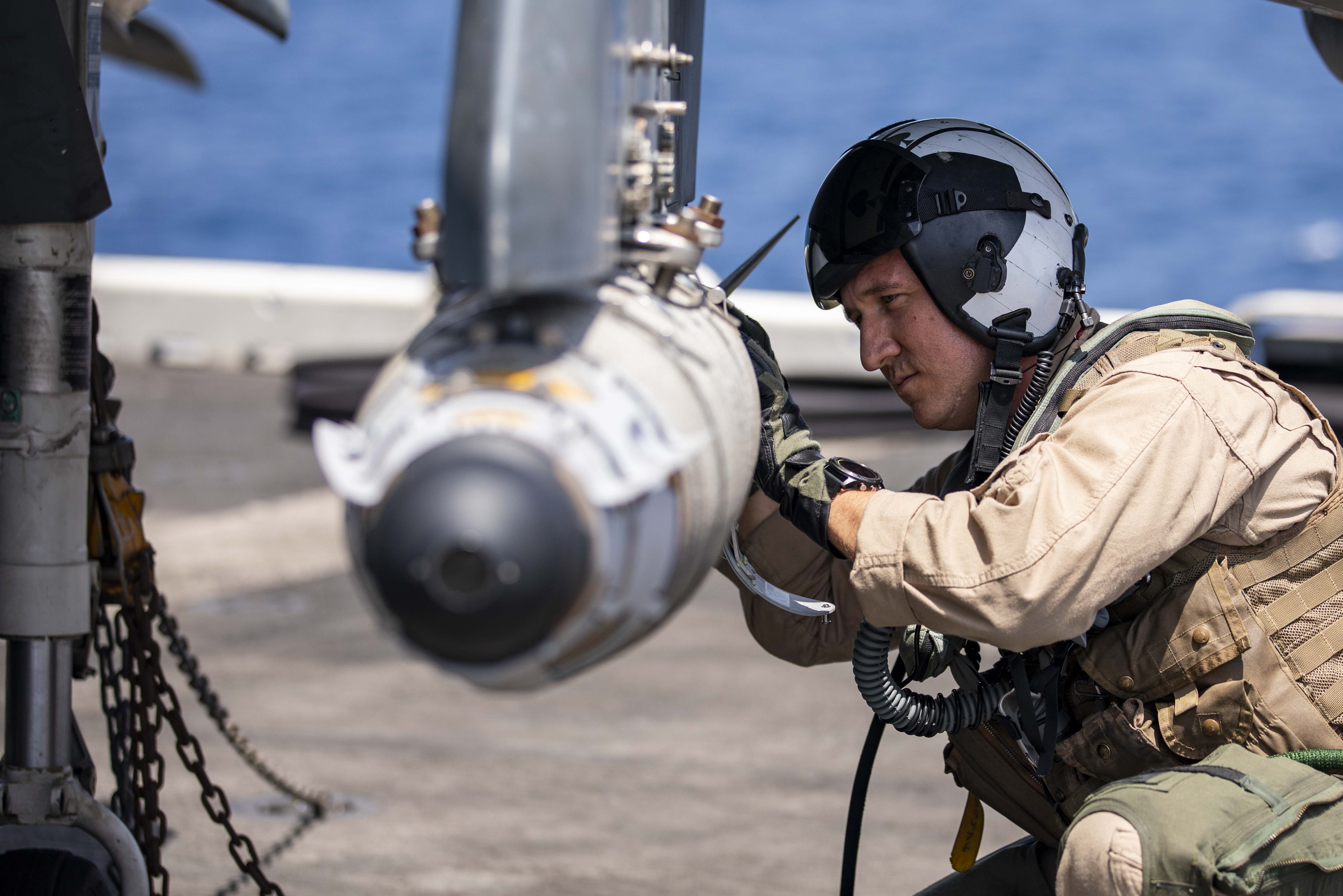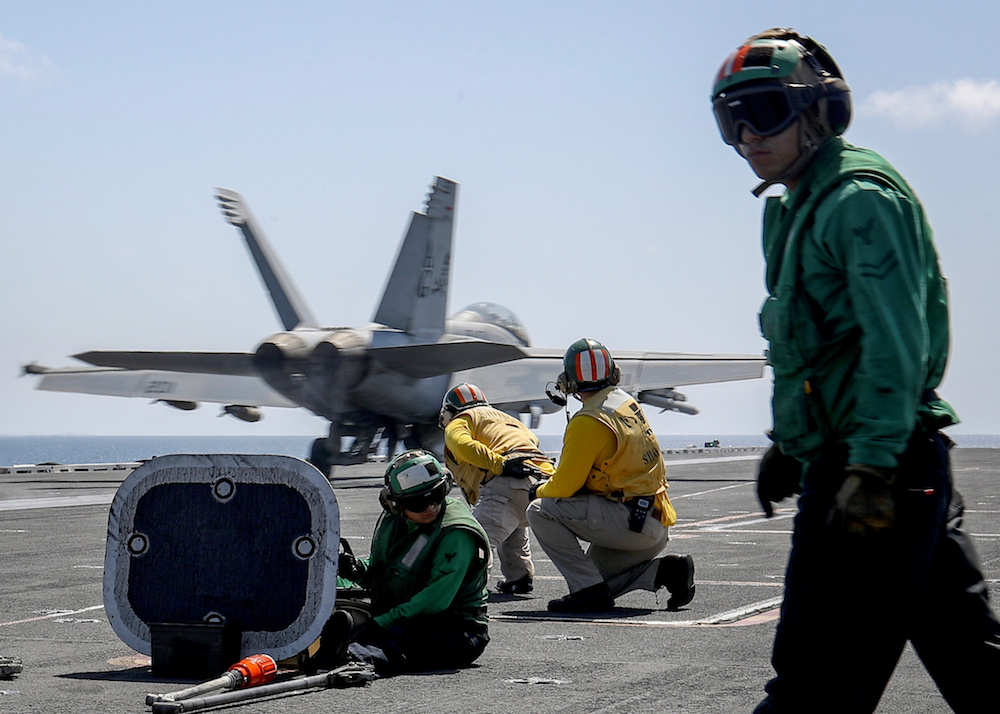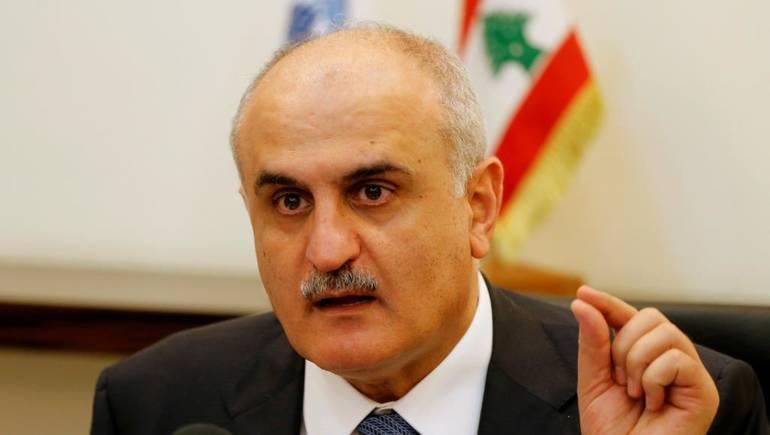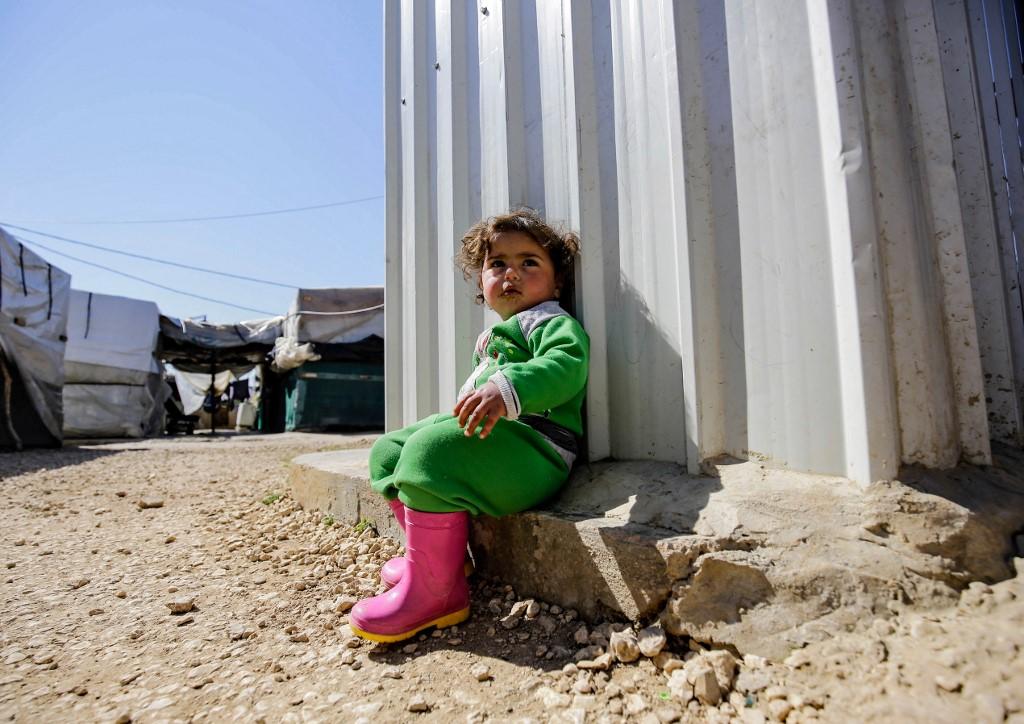US bolsters Middle East force with 1,500 troops as Pentagon blames Iran for tanker attacks
WASHINGTON: The US will strengthen its force in the Middle East with 1,500 extra troops, Donald Trump said Friday as the Pentagon blamed Iran for an attack on oil tankers off the coast of the UAE.
“We want to have protection in the Middle East,” Trump said as he left the White House for a trip to Japan. “We’re going to be sending a relatively small number of troops, mostly protective.
“Some very talented people are going to the Middle East right now. And we’ll see what happens.”
Shortly after his comments, the Pentagon accused Iran’s Revolutionary Guards (IRGC) of being directly responsible for attacks on tankers off the UAE earlier this month, describing it as part of a “campaign” by Tehran driving new US deployments.
“The attack against the shipping in Fujairah we attribute it to the IRGC,” said Rear Admiral Michael Gilday, the director of the Joint Staff, adding the Pentagon attributed limpet mines used in the attack to the IRGC. He declined to describe “the means of delivery” of the mines.
The 1,500 extra troops will be made up of a deployment of 900 more forces, including engineers, and the extension of a tour by some 600 personnel manning Patriot missiles.
Officials said earlier that members of Congress were notified following a White House meeting Thursday to discuss Pentagon proposals to bolster the force in the region.
Earlier this week, officials said that Pentagon planners had outlined plans that could have sent up to 10,000 military reinforcements to the region. Acting Defense Secretary Patrick Shanahan later said planners had not settled on a figure.
The US began reinforcing its presence in the Arabian Gulf region this month in response to what it said was a threat from Iran.
*With AP and Reuters


Pentagon plans to send more troops to Middle East amid Iran threatPentagon mulling request for 5,000 more US troops to Middle East -Reuters



